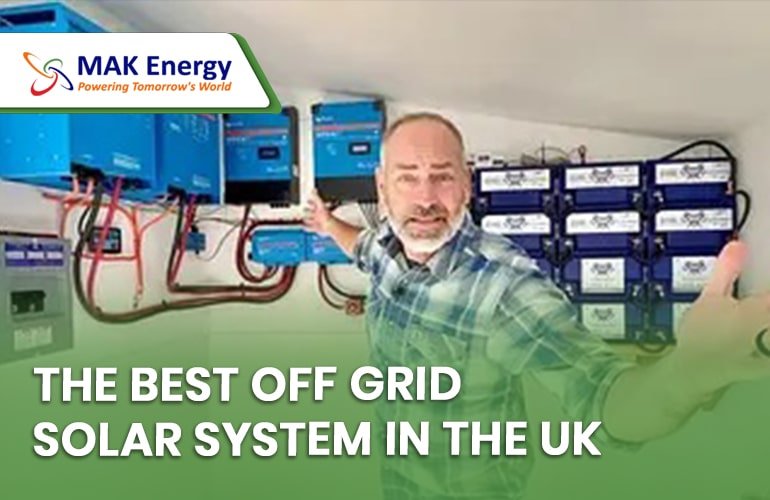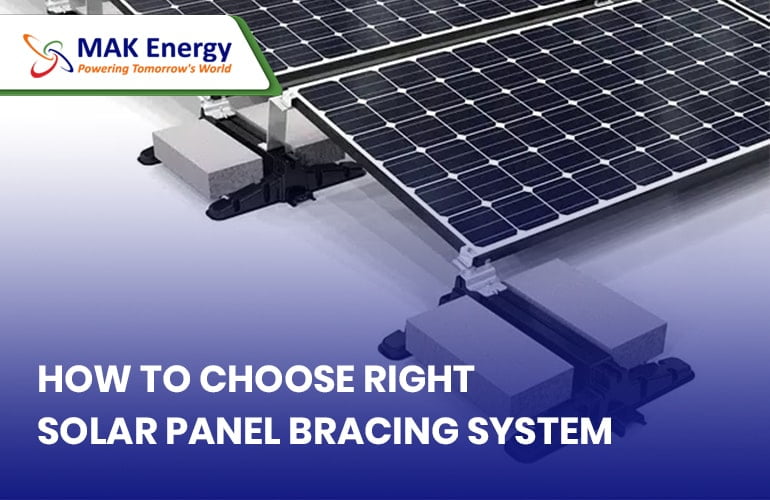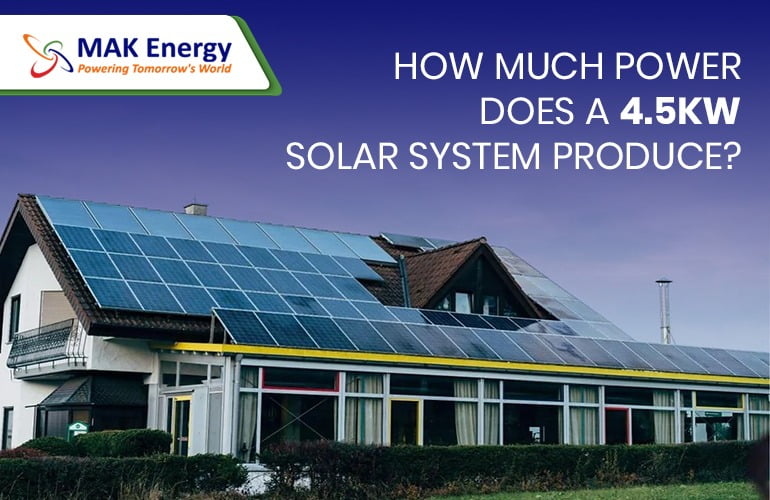Last updated: January 11th, 2024 at 09:59 am
As energy prices continue to rise in the UK, with no expected decrease in the near future, achieving energy independence from the national grid has become increasingly desirable. An off-grid solar system will grant you complete independence from grid electricity and enable you to generate, store, and deliver your own renewable energy. The system will solely rely on electricity produced by solar panels, battery storage, and a backup generator (in case of adverse weather conditions).
The concept of an off-grid system sounds amazing, doesn’t it? It truly is. However, the question remains: how much does an off-grid solar system cost in the UK, and is it suitable for UK homeowners? Additionally, what is the break-even point for an off-grid solar system? While the sun is shining, your off-grid system will operate perfectly, but during inclement weather, there might be some challenges if you lack a plan B, such as a backup generator.
This blog aims to provide you with the essential information every customer needs to know before installing an off grid solar system in the UK. We believe you will find all the necessary information here you require before making the decision to go off-grid.
What is an Off Grid Solar System?
The system doesn’t establish any connection to the grid. Off-grid is the ultimate way of achieving self-sufficient renewable energy, relying solely on solar power, batteries, and backup power sources such as generators. The off-grid solar system in the uk includes a bank of batteries that store excess electricity generated by the solar panels. This stored energy is then fed back to the property at night or during times when the solar panels aren’t productive.
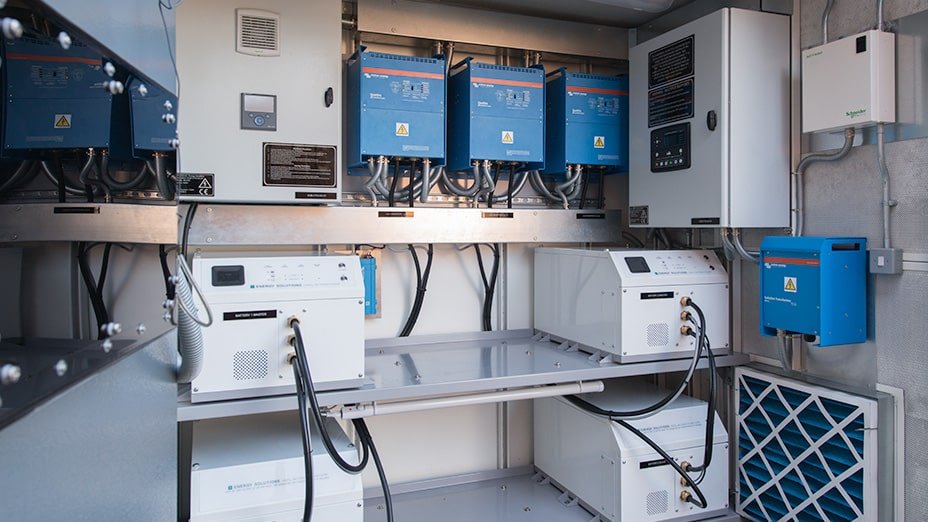
How Long Does an Off Grid Solar Panel System Pay Back?
The break even point of an off grid solar system in the UK depends on the size of the system and the sunshine hours plus the number of batteries installed along the system. However, an average, keeping in mind the current electricity prices in the country, and off grid solar system in the uk has break even point of 5 years. The span can increase to 7-8 years in case the system is larger in size and how many hours you have to rely on the backup generator during winter season.

How Much Does an Off Grid Solar System Cost in the UK?
To ascertain your solar requirements, let’s assess the most challenging situation. In the UK, the months with minimal sunlight span from November to February, yielding approximately two to three peak hours of solar energy daily. This means you must generate a full day’s worth of solar power within two hours, unless you’re prepared for considerable lifestyle adjustments.

With these factors in mind, a minimum of a 15 KW off-grid solar system is recommended to ensure winter coverage and reliable battery charging during unfavourable weather patterns. This is why the typical off grid solar system in the UK often involves compromises or is located in rural areas with abundant, affordable land.
The 15kW solar system, comprising nearly 60 250-watt solar panels, batteries, a backup generator, solar inverter, generator inverter, and supplementary infrastructure, will amount to approximately £30,000 to £35,000 in cost.
Who Should Go Off the Grid?
Off-Grid Solar Systems are best for Vacation homes, Garages, Camping sites, Caravan residences, Cabins, and even Office spaces. Furthermore, they offer a notably favorable solution, especially in Countryside and Distant locations. The reason being, such areas are more prone to experiencing inadequate network infrastructure, leading to frequent power outages and unstable electricity supply. Alternatively, you might merely desire to embrace an off-the-grid lifestyle.

Is it Worthwhile to Buy An Off Grid Solar System In the UK?
Whether or not it is worthwhile to buy an off grid solar system in the UK depends on a number of factors, including:
- The cost of the system
- Electricity Prices
- The amount of sunlight in your area
- Your energy needs
- Your budget
- Your environmental goals
The cost of an off-grid solar system can vary depending on the size and complexity of the system, but it is generally more expensive than a grid-connected system. The amount of sunlight in your area will also affect the amount of electricity that your system can generate. If you live in an area with low sunlight, you may need to install a larger system or use a battery to store excess energy.
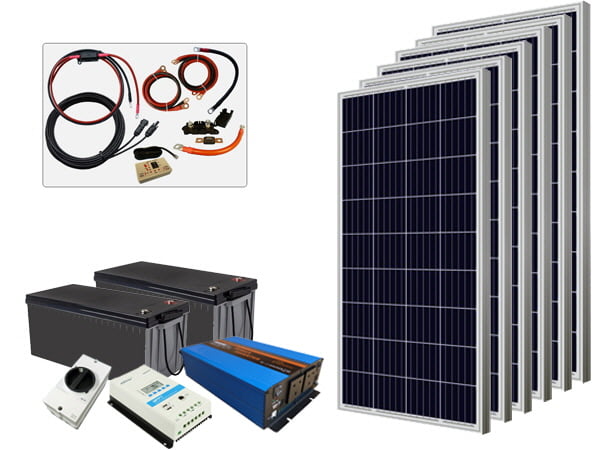
Your energy needs will also affect the size of the system you need. If you have a small home and don’t use a lot of electricity, you may be able to get away with a smaller system. However, if you have a large home or use a lot of electricity, you will need a larger system.
Your budget is another important factor to consider. Off-grid solar systems can be expensive, so it is important to make sure that you can afford the upfront cost. You should also factor in the cost of maintenance and repairs.
Finally, you need to consider your environmental goals. If you are interested in reducing your reliance on fossil fuels and living a more sustainable lifestyle, then an off-grid solar system is a good option.
Advantages of Off Grid Solar System
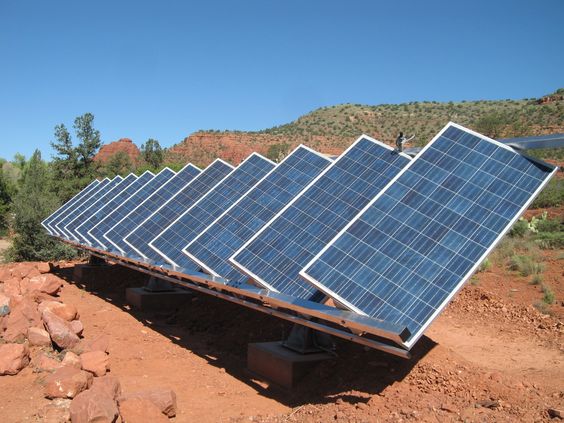
Energy independence
Off-grid solar systems allow you to generate your own electricity, which means that you are not reliant on the grid. This can be a major advantage in areas where the grid is unreliable or where there are frequent power outages.
Zero Electricity bills
Off-grid solar systems render you independent from grid electricity, thereby eliminating the need to pay traditional electricity bills. Instead, all your energy requirements are met through solar panels, batteries, and a generator.
Environmental benefits
Off-grid solar systems are a renewable energy source, which means that they do not produce greenhouse gases. This can help to reduce your carbon footprint and contribute to a more sustainable future.
Increased property value
Off-grid solar systems can increase the value of your property. This is because buyers are increasingly looking for homes that are energy efficient and sustainable.
Peace of mind
Off-grid solar systems can give you peace of mind knowing that you will have access to electricity even in the event of a power outage.
Summary
Off grid solar systems present an appealing path toward energy self-sufficiency, reduced carbon emissions, and long-term financial savings. While challenges like weather-dependent energy generation and initial costs exist, the benefits of energy independence and environmental impact far outweigh these considerations. By carefully assessing system design, costs, and practical applications, individuals and businesses can make informed decisions that align with their energy goals and contribute to a more sustainable future.

